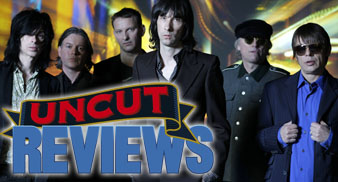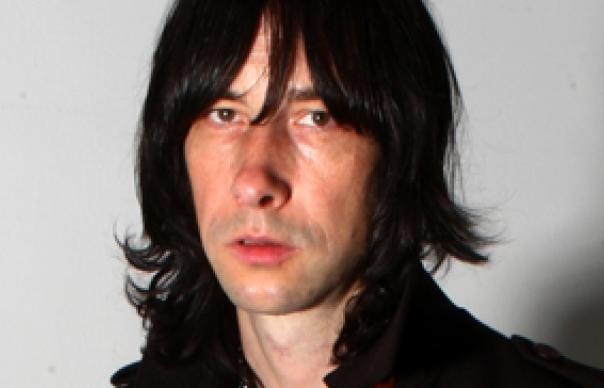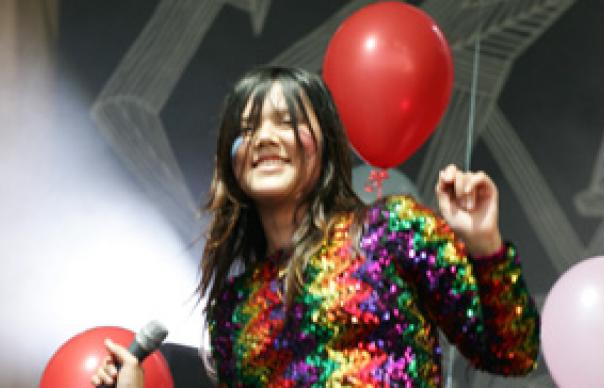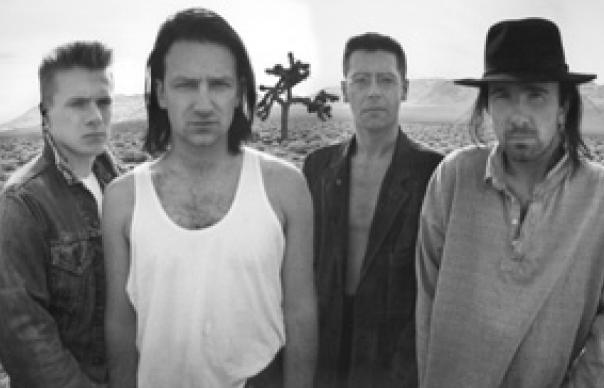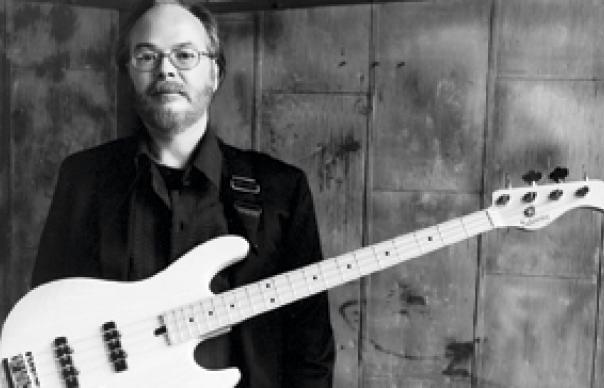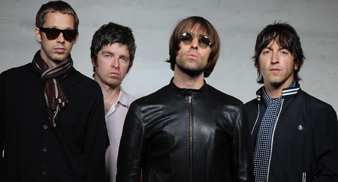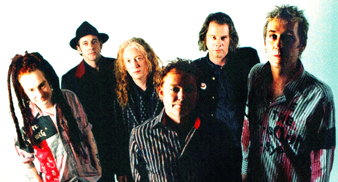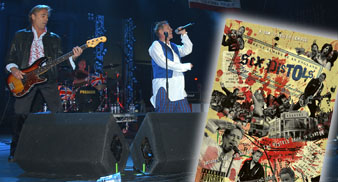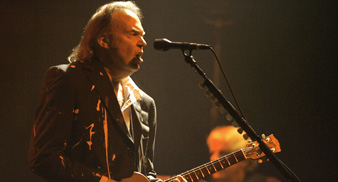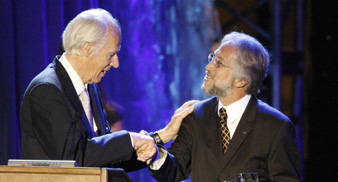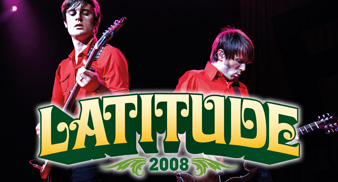John’s written on his Wild Mercury Sound site about last night’s extraordinary performance by White Denim at the latest Club Uncut at the Borderline. It was, as he says, truly mind-blowing – especially coming almost straight after we’d just seen The Hold Steady at HMV in somewhat comical circumstances – and in the circumstances inevitably headline-grabbing. It’d be a pity, though, to completely overlook the earlier appearance at the Borderline of White Denim’s Full Time Hobby label-mate, Abilene’s Micah P Hinson. He arrives about three minutes before he’s due onstage, clutching a colourful rucksack from which he proceeds to pull bits and pieces, including a notebook with tonight’s set list, a couple of bottle of waters and what looks like the kind of white cap he might set jauntily upon his head before setting off for a round of golf. He looks quite comical in said cap and a black suit that on some parts of his body looks uncomfortably tight, a size at least too small, and hangs elsewhere baggily from his frame. But when the lights go down and the audience settles into an anticipatory hush, all needless chatter giving way to an expectant hum, he’s suddenly transformed. He still looks from a certain angle geekily malevolent, like the young Elvis Costello, but when his dark, deep voice comes into play, he sounds like someone who should have been hanging in mid-70s Austin, propping up the bar of some murky saloon with Wille and Waylon and a bunch of their renegade outlaw mates, the kind of people whose lives are spent falling through cracks in the bar room floor into some abyss below out of which they periodically clamber to broadcast via their songs all due regret for their often unreasonable behaviour and the things they’ve done. Micah’s new album, Mica P Hinson And The Red Empire Orchestra, is out today, he’s got the sleeve taped to the front of his guitar and most of what he plays is from it – including “I Keep Having These Dreams”, which starts as something mournful and bereft and ends up like Tom Waits essaying something as emotionally traumatic as Costello’s “I Want You”. “We Don’t Have To be Lonesome” and “Wishing Well And The Willow Tree” follow, equally as powerful in these strong unadorned versions, but both eclipsed by the late arrival of the ultimately sombre “Dyin’ Alone”. And then, he’s off, and quickly followed by 45 minutes of rhapsodic garage band freak-outs from White Denim, the comparatively brittle dynamics of their Workout Holiday album not apparent here at all in what at times is a maelstrom of extraordinary noise, the songs they play from the album usually prefaced by lengthy instrumental jams that occasionally and quite unexpectedly put me in mind of Big Dave, Patrick Walden’s new band, who I wrote about yesterday, especially when White Denim, like Big Dave last Friday, evoke the ghost of Jimi Hendrix. Another great night at Club Uncut, then!
John’s written on his Wild Mercury Sound site about last night’s extraordinary performance by White Denim at the latest Club Uncut at the Borderline. It was, as he says, truly mind-blowing – especially coming almost straight after we’d just seen The Hold Steady at HMV in somewhat comical circumstances – and in the circumstances inevitably headline-grabbing. It’d be a pity, though, to completely overlook the earlier appearance at the Borderline of White Denim’s Full Time Hobby label-mate, Abilene’s Micah P Hinson.



